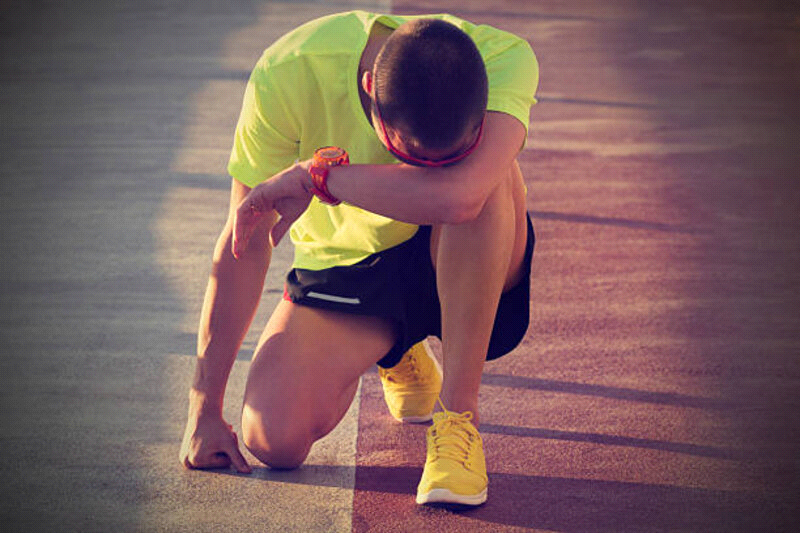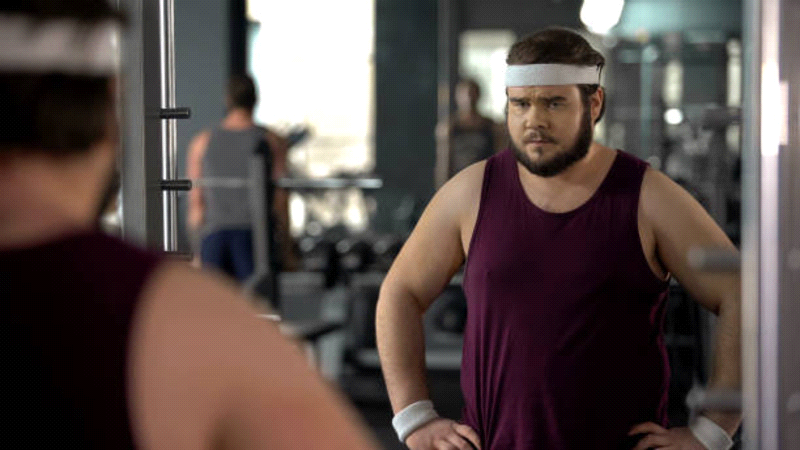The Science Behind Exercise and Anxiety Reduction
Sep 27, 2023 By Madison Evans
Are you feeling overwhelmed by stress and worrying too much? Exercise might be just the thing to help reduce your anxiety levels. While a lot of us know that exercise is beneficial for our physical health, there has been scientific research to prove that it can also have an effect on reducing anxiety. In this blog post, we'll take a look at the science behind the relationship between exercise and anxiety reduction so that you can start implementing this powerful tool into your everyday life. Whether it's taking part in high-intensity activities or simply going for a gentle stroll, find out how regular physical activity could benefit your mental wellbeing today!
The Link Between Exercise and Anxiety:
It's no surprise that regular physical activity is good for our bodies, but did you know that it can also have a positive impact on anxiety levels? Studies show that exercise can help reduce symptoms of anxiety, such as increased heart rate and shallow breathing. This is because exercise helps to increase the production of endorphins, which are hormones that act as natural painkillers and also boost your mood.
Types of Exercise for Anxiety Reduction:

There are various types of exercise which can help reduce the symptoms of anxiety. Here's a few that you could try that are known for their calming benefits:
- Yoga: This ancient practice combines physical movement with relaxation and breathing techniques which can help to reduce stress levels.
- Walking: Going for a leisurely walk is an excellent way to relax and clear your mind of anxious thoughts.
- Swimming: Swimming is a great way to get your heart rate up without feeling overwhelmed. It provides both aerobic and anaerobic benefits, which can help to improve your overall physical and mental wellbeing.
How Exercise Reduces Stress and Anxiety Levels?

Exercise can help reduce stress and anxiety levels by decreasing the production of cortisol in your body. Cortisol is a hormone produced during times of high stress that can lead to feelings of anxiousness and depression. Exercise stimulates the release of endorphins, which are hormones that act as natural painkillers and also boost your mood. Furthermore, regular exercise can provide you with a sense of accomplishment and control, which can also improve your confidence levels.
Benefits of Exercise for Anxiety Reduction:
There are several benefits associated with exercising for anxiety reduction. These include:
- Improved concentration and focus - Exercise helps to distract the mind from negative thoughts and worries and refocus on more positive activities. This can help to reduce feelings of anxiousness and improve concentration.
- Improved sleep - Exercise can help to regulate the body's circadian rhythm, which is responsible for controlling our sleep patterns. This leads to better quality sleep, which can reduce fatigue and bolster your energy levels over the course of the day.
- Increased self-esteem - Regular exercise helps to increase feelings of accomplishment and can improve your self-esteem and confidence levels. This in turn can help to reduce feelings of anxiousness.
- Improved mood - Exercise increases the production of endorphins, which act as natural painkillers and boost our moods. This helps to reduce stress and anxiety levels by providing an emotional outlet for negative thoughts and worries.
Ways to Incorporate Exercise into Your Daily Routine:
Here are some simple ways to incorporate exercise into your daily routine and reduce feelings of anxiety:
- Take a brisk walk - A brisk walk is an easy way to get your heart rate up and stimulate the release of endorphins. Aim for at least 30 minutes of walking per day.
- Try yoga or Pilates - Yoga and Pilates are great forms of exercise that help to strengthen the body and reduce stress. Aim for two or three classes per week.
- Take a swim - Swimming is an effective form of low impact exercise that helps to keep your heart rate up while providing much needed relaxation. Aim for at least 30 minutes of swimming per day if possible.
- Go biking - Biking is a great form of exercise that helps to reduce stress and tension. Aim for at least 30 minutes of biking per day.
- Play sports - Participating in team-based sports can be an excellent way to get your heart rate up while having fun with friends. Try playing basketball, tennis or soccer at least once per week.
Exercises to Help Reduce Anxiety Symptoms:
Here are some exercises that can help to reduce anxiety symptoms:
- Progressive muscle relaxation - This exercise helps to relax the muscles in your body and reduce feelings of tension. Start by tensing each muscle group for a few seconds, then release them one at a time.
- Deep breathing - This exercise helps to slow down and regulate your breathing pattern, which can help to reduce feelings of anxiety. Start by taking deep breaths and focusing on the sensation of air moving through your body.
- Grounding techniques - This exercise helps to bring you back into the present moment and focus on what is happening around you. Try closing your eyes for a few moments and focusing on five things that you hear, see, smell, taste and feel.
- Visualization - This exercise helps to create a calming image in your mind that can help to reduce anxiety symptoms. Try visualizing a peaceful place such as the beach or a meadow, and focus on how you feel when you are there.
Conclusion:
Anxiety can be a difficult experience to manage, but there are several exercises that can help to reduce symptoms and bring some much-needed relief. Try incorporating exercise into your daily routine, as well as using techniques such as progressive muscle relaxation, deep breathing, grounding techniques and visualization. With practice, these exercises can help you to feel more relaxed and in control of your emotions.








